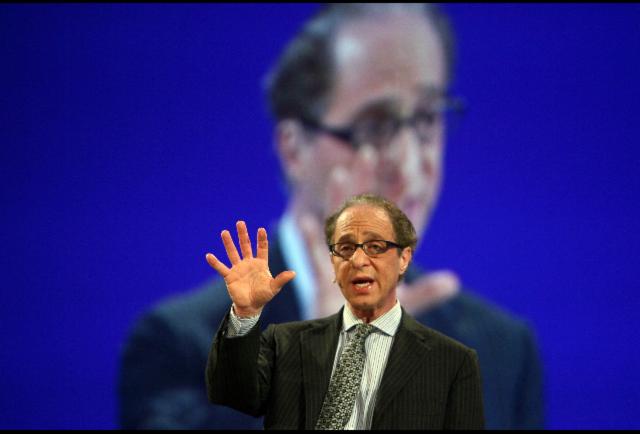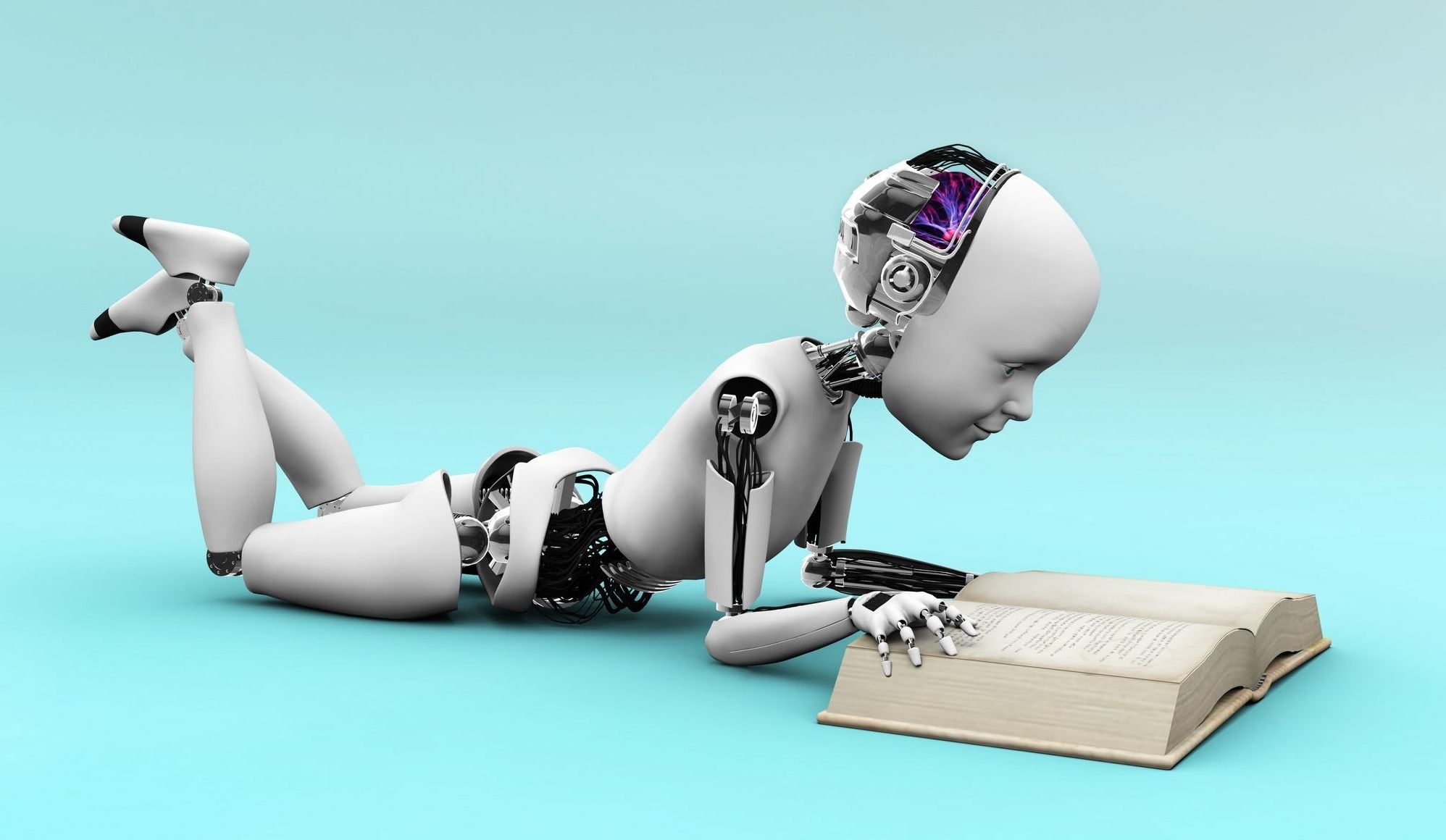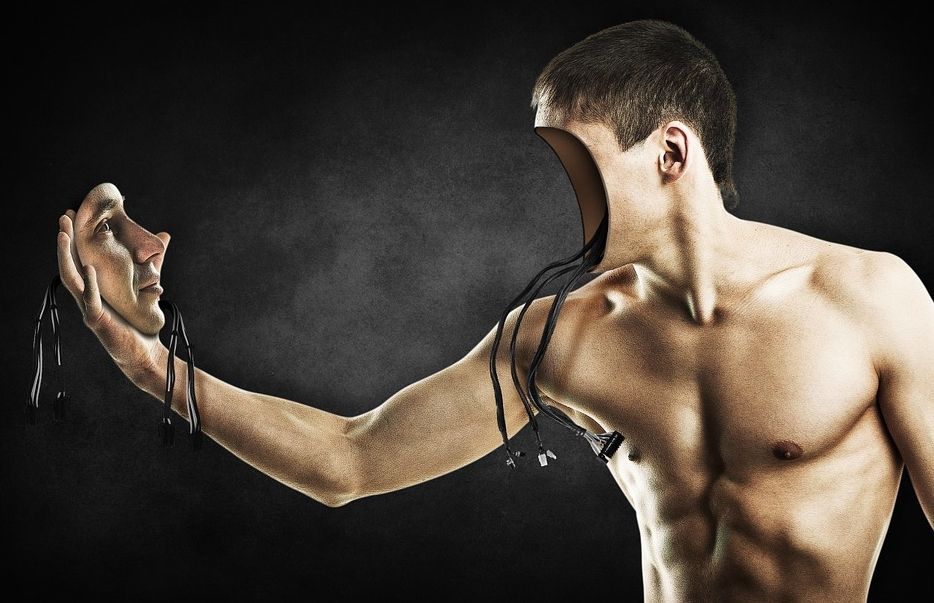Archive for the ‘Ray Kurzweil’ category: Page 25
Jul 12, 2016
Ray Kurzweil’s Nootropic Dietary Supplement Stack
Posted by Shailesh Prasad in categories: biotech/medical, health, neuroscience, Ray Kurzweil, singularity
Ray Kurzweil is a celebrity technologist, well known both for his work as an inventor and for his relatively accurate predictions of technological change. Among his predictions is that of an imminent biotech revolution, which may enable people to restore and maintain healthy life for much longer periods of time than those humans have enjoyed historically. In the meantime, Ray says he takes 250 dietary supplements each day, in addition to receiving half a dozen intravenous therapies each week.
“Although my program may seem extreme, it is actually conservative – and optimal (based on my current knowledge). [My doctor] and I have extensively researched each of the several hundred therapies that I use for safety and efficacy. I stay away from ideas that are unproven or appear to be risky (the use of human-growth hormone, for example).” – Ray Kurzweil in The Singularity Is Near (pages 211–212)
Some of Ray’s dietary supplements are nootropics, intended to maintain and improve brain health. He lists them in his book, Transcend (pages 15 and 22). I’ve compared the nootropics he recommends to reviews on Examine.com, an independent and unbiased encyclopedia on supplementation and nutrition that is not affiliated in any way with any supplement company. Below is a table that summarizes what I found, followed by some observations.
Continue reading “Ray Kurzweil’s Nootropic Dietary Supplement Stack” »
Jun 22, 2016
Ray Kurzweil — The Age of Intelligent Machines Documentary
Posted by Shailesh Prasad in categories: education, media & arts, Ray Kurzweil, robotics/AI
The Age of Intelligent Machines was written and produced for the science museum exhibition “Robots and Beyond: The Age of Intelligent Machines” by Ray Kurzweil in 1987. This film was produced for a mainstream audience, and focuses on developments in artificial intelligence. Soundtrack features music by award winning recording artist Stevie Wonder. Film series features two parts: “Machines that Think” and “Intelligence, It’s Amazing!”
Jun 19, 2016
Is the US Navy planning to implant people with microchips?
Posted by Karen Hurst in categories: geopolitics, neuroscience, Ray Kurzweil, transhumanism

Steps moving forward to make enhance human intelligence real — definitely would mean a major leap forward in achieving Kurzweil’s and Zolstaf Zoltan Istvan’s super humans.
Transhumanist Zoltan Istvan, from Calfornia, and presidential candidate, met with senior officials from the US navy to discuss policies on how to deal with microchip implants (pictured).
Continue reading “Is the US Navy planning to implant people with microchips?” »
Jun 14, 2016
Artificial Intelligence Chair At Singularity University On How AI Will Augment Human Capability
Posted by Karen Hurst in categories: business, government, Peter Diamandis, Ray Kurzweil, robotics/AI, singularity
Good write up by Peter on Neil Jacobstein’s perspective on AI. Peter never disappoints in his articles.
Singularity University is part business incubator and part think tank founded by Peter Diamandis and Ray Kurzweil in 2008 in the NASA Research Park in Silicon Valley. Among the topics that have risen in prominence in the curriculum of the University is artificial intelligence.
Neil Jacobstein is a former President of Singularity University, and currently he chairs the Artificial Intelligence and Robotics Track at Singularity University on the NASA Research Park campus in Mountain View California. We recently spoke, and the conversation covered his thoughts on how AI can be used to augment current human capability, strategies technology executives should use to think about AI, the role the government should play in helping mitigate the potential job losses from AI, his perspectives on the dangers of artificial intelligence that have been expressed by major thought leaders, advice on how to train workers to be prepared for the coming wave of AI, and a variety of other topics.
Jun 7, 2016
How Ray Kurzweil Sees the Future
Posted by Karen Hurst in categories: computing, engineering, Ray Kurzweil
The Kurzweil vision.
A Q&A with the top author, computer scientist, futurist, inventor, and Google engineering director.
Jun 4, 2016
3 Reasons To Believe The Singularity Is Near
Posted by Sean Brazell in categories: Ray Kurzweil, singularity
Not near…
HERE.
The crazy predictions Ray Kurzweil made a decade ago don’t seem so outlandish now.
Continue reading “3 Reasons To Believe The Singularity Is Near” »
May 30, 2016
A Timeline of Ray Kurzweil’s Predictions, The Futurist with an 85% Accuracy Rate
Posted by Shailesh Prasad in categories: futurism, Ray Kurzweil
By Portis403 · 9 months ago.
Source: http://futurism.com/images/the-dawn-of-the-singularity/?src=home
May 29, 2016
Google and Ray Kurzweil making chatbots that will allow for “interesting conversations”
Posted by Klaus Baldauf in categories: Ray Kurzweil, robotics/AI
Shutterstock.
Can we really have a conversation with a bot? Voice assistants like Siri, Cortana and Google Now make a good attempt at it, but these are still clearly machines. Their level of artificial intelligence is far behind human intellect. But you can bet Google is working on improving AI.
Renown author Ray Kurzweil has revealed him and his team have been working with Google to create chatbots. These are said to be advanced bots with which you can have ‘interesting conversations’.
May 19, 2016
Is The Singularity A Religious Doctrine?
Posted by Karen Hurst in categories: information science, neuroscience, Ray Kurzweil, singularity
New spin on all things that are Singular. Hmmm — so if Singularity becomes a religion; is Ray Kurzweil its God?
A colleague forwarded John Horgan’s recent Scientific American article, “The Singularity and the Neural Code.” Horgan argues that the intelligence augmentation and mind uploading that would lead to a technological singularity depend upon cracking the neural code. The problem is that we don’t understand our neural code, the software or algorithms that transform neurophysiology into the stuff of minds like perceptions, memories, and meanings. In other words, we know very little about how brains make minds.














